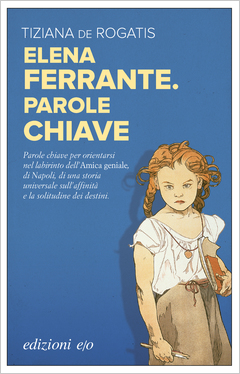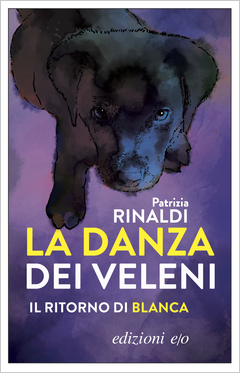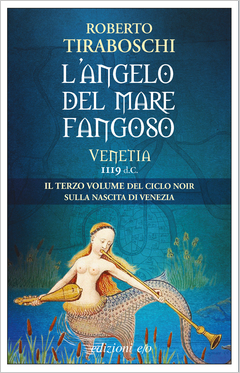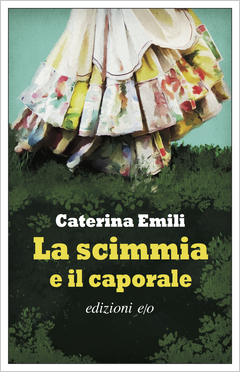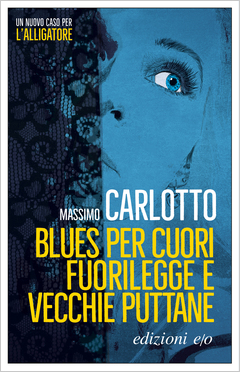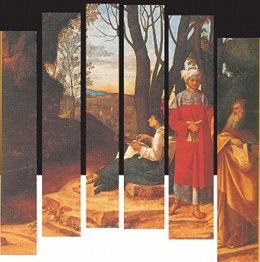Tag: Italian
Mapping the Italian Language(s) — The Atlante Linguistico Italiano
With its tenth volume recently added to the UC Berkeley Library, the Atlante Linguistico Italiano is a unique piece of the Library’s map collections. Each entry in the atlas begins with a single concept, notion or phrase in standard Italian such as cuore, heart. Accompanying this is a map of the Italian peninsula (along with Sicily and Sardinia) that contains the equivalent term, rendered in IPA, as heard in communes all across the country. The lexical and phonetic variations of a single word play out in gradients across the landscape with small changes from one commune to the next that give way to seismic ones from one region to another. The result is a condensed roadmap of the immense linguistic diversity of Italy.
As of now, the ten available volumes cover lexical items in the following spheres: the human body, clothing, the home, food, family, and society, with many other spheres such as fauna, commerce, and agriculture yet to be published. While this work is comprehensive in its treatment of geographic variants, it says unfortunately very little about diastratic variation or the relative social capital of the varieties it contains. With its data now over 30 years old, and many of its constituent dialects likely under the threat of extinction, the Atlante may soon start to take on historic and diachronic intrigue as well.
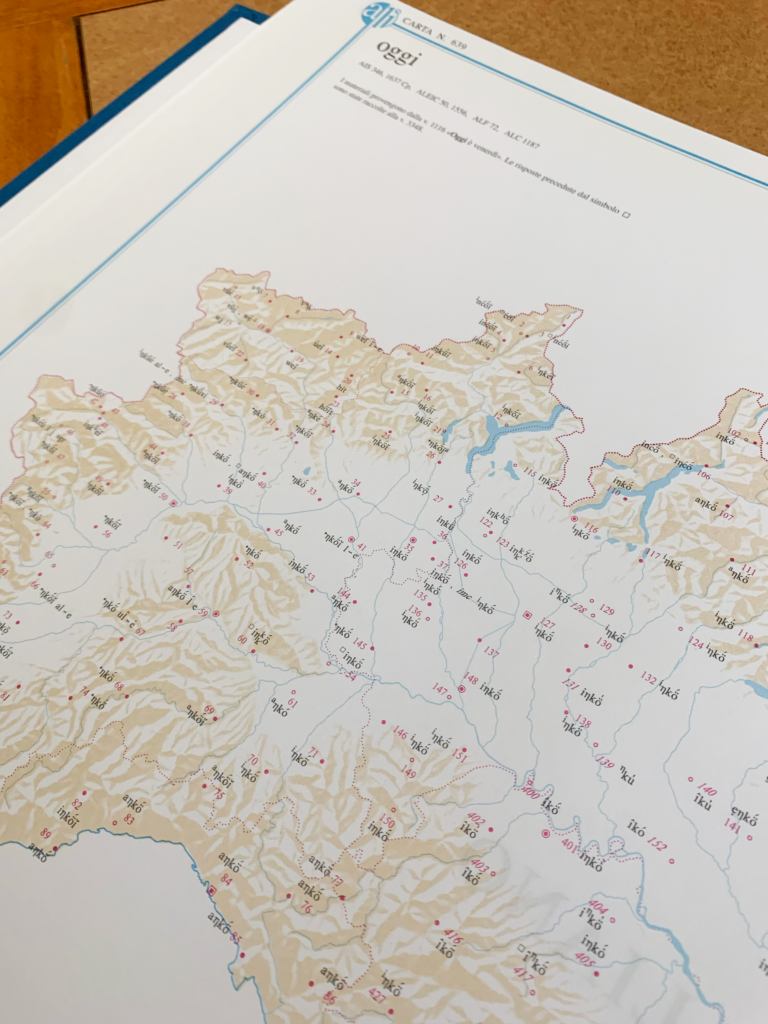
And if you’re thinking of taking these volumes home with you, think twice. They won’t fit in your backpack. They are big and heavy, measuring 49 x 71 centimeters each, and best consulted in the comfort of the Main Stacks.
Pellis, Ugo, and L. (Lorenzo) Massobrio. Atlante linguistico italiano / materiali raccolti da U. Pellis [and others] ; redatto da L. Massobrio [and others]. Roma: Istituto Poligrafico e Zecca dello Stato, Libreria dello Stato, 1995.
Main (Gardner) Stacks fff PC1711 .A89 1995 v.1-10
AOQU (Achilles Orlando Quixote Ulysses). Rivista di epica
New book by Déborah Blocker
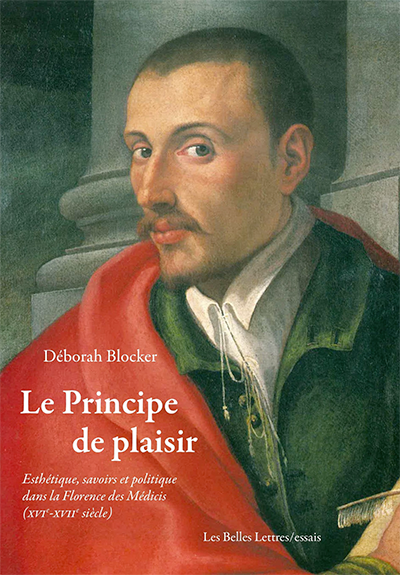
Le Principe de plaisir: esthétique, savoirs et politique dans la Florence des Médicis (XVIe-XVIIe siècle) tells several stories in one. On the one hand, that of one of the most original and productive academies of the late Florentine Renaissance, the Accademia degli Alterati (1569-ca. 1625). On the other hand, that of a restricted social group, made up of a few dozen young Florentine patricians whom the Medicis did not regard favorably because their ancestors had fought to maintain the oligarchic Republic. These young nobles made their academy a place where they could spend their leisure time and share their pleasures—artistic and otherwise—but also a collective where they could work together on their integration into Medicean court society. Between 2008 and 2018, Blocker researched the social and political circumstances in which new conceptions and uses of the “arts” emerged in the academic culture of late Renaissance Florence, through an in-depth archival study of the Accademia degli Alterati.
Thirdly, this book tells the story of a body of documents, now dispersed, but which once formed the basis of all the activities of the “Altered.” These thousands of folios of documents, and very largely unexplored—contain academic speeches, letters, activity registers, dialogues, collectively corrected poems, etc. Their analysis makes it possible to follow the day-to-day activities of the Alterati for nearly six decades, and to examine, through the material form that their work took, how collective intellectual horizons emerged within them, over the course of their debates.
Through the constant intertwining of these three stories, this book finally tells a fourth: that of the actions, activities and discourses which, within the academy of the Alterati, participated in the constitution of the aesthetic in knowledge (and in know-how) of a new type. Through the case of the Alterati, this book thus raises the question of the formalization of the aesthetic knowledge and practices that are ours today—and that of the links between their emergence and the rise of modern political authoritarianism, within early modern European aristocracies.
[translated from publisher’s site]
Déborah Blocker is professor of French and affiliated faculty in Italian Studies at UC Berkeley. She specializes in the social and political history of literary practices in early modern France and Italy, with a particular interest in theater, learned societies (academies), the history of philology and the history of early modern aesthetics. Her research relies heavily on the history of the book, as well as on manuscript studies. Her earlier work Instituer un ‘art’: politiques du théâtre dans la France du premier XVIIe siècle (Paris, Champion, 2009) examined the social and political processes through which early modern French theater was instituted into an art (1630-1660). This project led her to develop a larger curiosity for the social and political constitution and circulation of discourses on poetry and the arts in early modern Europe (1500-1900).
Le Principe de plaisir: esthétique, savoirs et politique
dans la Florence des Médicis (XVIe-XVIIe siècle)
Paris: Belles Lettres, 2022.
Check out the Romance Language Collections on Instagram
The Romance Language Collections Instagram feed brings forth little known and new resources and services in the UC Berkeley Library. Once you start following you’ll instantly receive early notices of new books, e-resources, exhibits, readings and more through your smartphone or any web browser.
Opening access with Firenze University Press
Besides UC Library Search, many of the press’ publications, along with other Italian OA publishers, are also available through Casalini Libri’s online platform Torrossa.
Ticontre: Teoria Testo Traduzione

In the spirit of Open Access Week worldwide, here’s an open access journal Ticontre: Theory Text Translation published at the Università degli studi di Trento provides a platform for open discussion on the literary text that is not only innovative but also keen to acknowledge core components of the European and American tradition.
With particular attention given to the work of emerging and early career scholars, Ticontre engages with medieval, modern and contemporary literature and with studies that deal with broad diachronic frames. As such, the journal also values investigations that engage with classical literatures within a grounded, progressive and reception-focused theoretical perspective.
Ticontre publishes contributions relating to all aspects of the European and American literary traditions. Given its operation within this critical space, the journal does not prioritize any specific national literary tradition. It promotes dialog rather than divisions, and highlights similarities rather than differences in literary traditions. novelist, poet, short story writer, translator and literary critic.
The current issue is dedicated to Italian writer, translator and literary critic Cesare Pavese (1908-1950) and edited by Giancarlo Alfano, Carlo Tirinanzi De Medici, and Massimiliano Tortora with essays by Marina Bianchi, Sofia Pellegrin, Giuseppe Alvino, Alessandro Amenta, Giuliano Rossi, Thea Rimini, and Luca Cortesi.

Featured Publisher – Edizioni e/o

The independent publishing house Edizioni e/o was founded in Rome in 1979 by Sandro Ferria and Sandra Ozzola who had a profound interest in cultural dialogue and exchange. Early on they focused on literary translations into Italian, particularly with writers from Eastern Europe, but soon began to publish writers from their own country as Lia Levi, Gioconda Belli, and Elena Ferrante. In 2005, the founders launched Europa Editions which brings into the English-speaking world some of the Europe’s best contemporary writers. Here are a few of the latest Edizioni e/o titles in Italian that can be found in Berkeley’s collection:
Lia Levi
Tiziana de Rogatis
Patrizia Rinaldi
Roberto Tiraboschi
Caterina Emili (on order)
Massimo Carlotto
The hidden treasures in Italian Libraries

David Laskin’s article in yesterday’s New York Times gave a delectable overview of some of Italy’s historical libraries as not only keepers of intellectual treasures but as physical spaces to carry out research. While web portals such as Europeana or Internet Culturale are bringing us closer to Europe’s rare books and primary resources, conducting archival research in renaissance libraries such as the Biblioteca Nazionale Marciana in Venice, the Biblioteca Vallicelliana in Rome, or the Biblioteca Medicea Laurenziana designed by Michelangelo in Florence will never be completely replicated online.
UC Berkeley may not have paintings by Titian or Veronese decorating its reading rooms, but it is home to one of the most significant Italian collections on the West Coast with medieval manuscripts, incunabula, and early modern works in The Bancroft Library, and an extraordinary collection of 19th and 20th century Italian books and journal runs in the Main Stacks. The Library collects in all divisions of Italian history and literature, from the medieval and renaissance periods to the present. For the 20th and 21st centuries, the collection tends to focus more heavily on new literature(s), literary and cultural theory, cinema, historiography, Italian colonial presence in Africa, national and regional identity politics, and comparative studies with other Romance traditions. The Art History/Classics Library in Doe, the Hargrove Music Library, and the Environmental Design Library are all places on campus where the Italian collection continues to thrive.
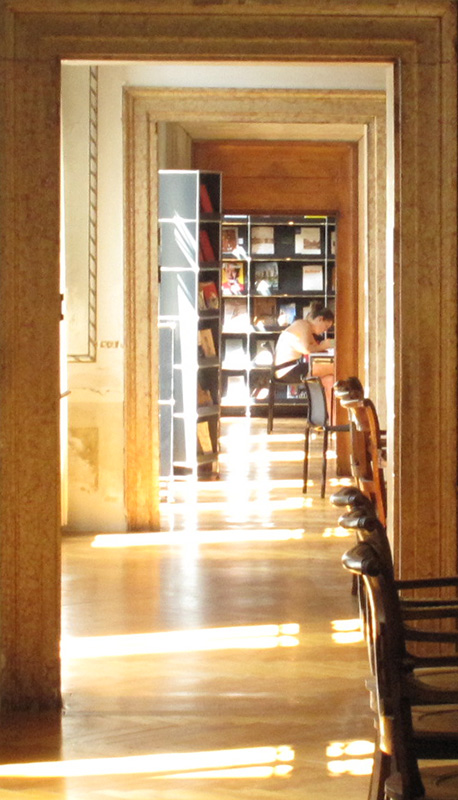
BiGLI Online
The Library has begun a subscription to BiGLI Online which is the digital version of the fundamental print bibliography and discovery tool for the field of Italian language and literature – Bibliografia Generale della Lingua e della Letteratura Italiana. It includes texts, critical and historical surveys, philogical and linguistic notes, essays, monographs, bibliographic reviews, and more from 1981 to present. With the assistance of an international team of experts and co-published by the Centro Pio Rajna and Salerno Editrice in Rome, the BiGLI is regarded as “a census of the diffusion and dissemination of Italian culture in the world.”
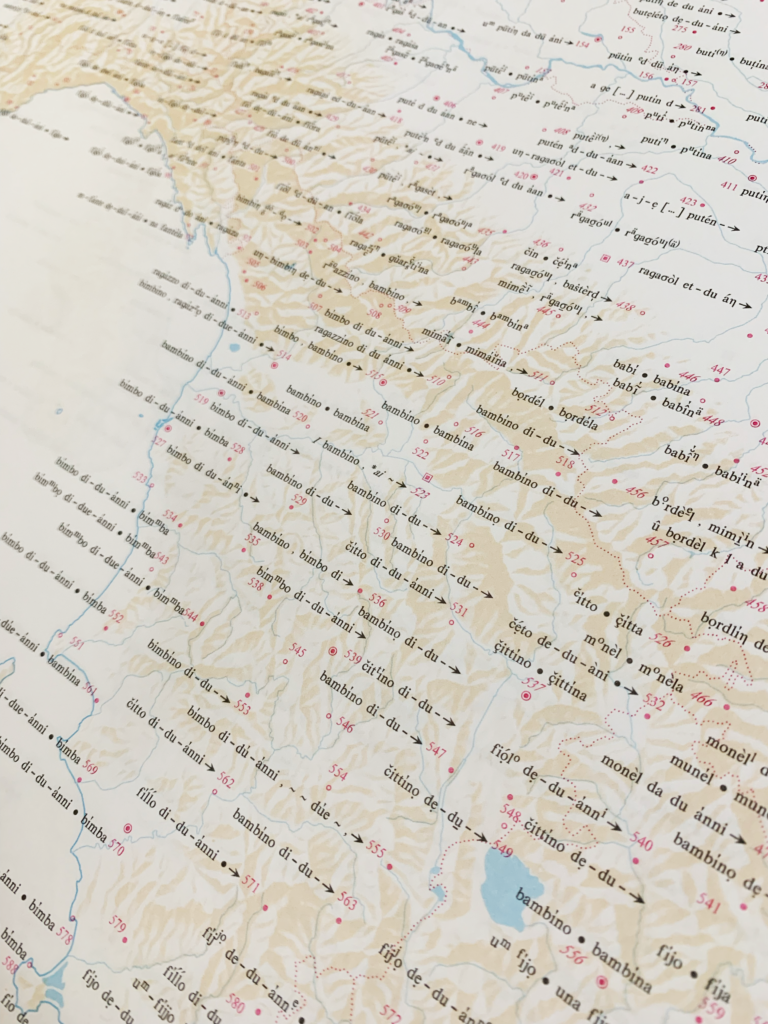
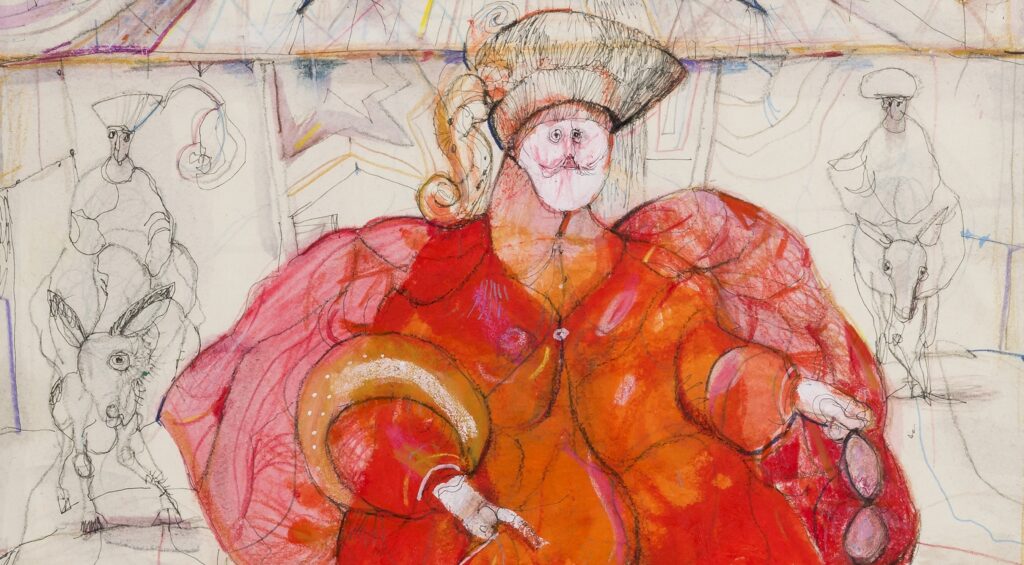
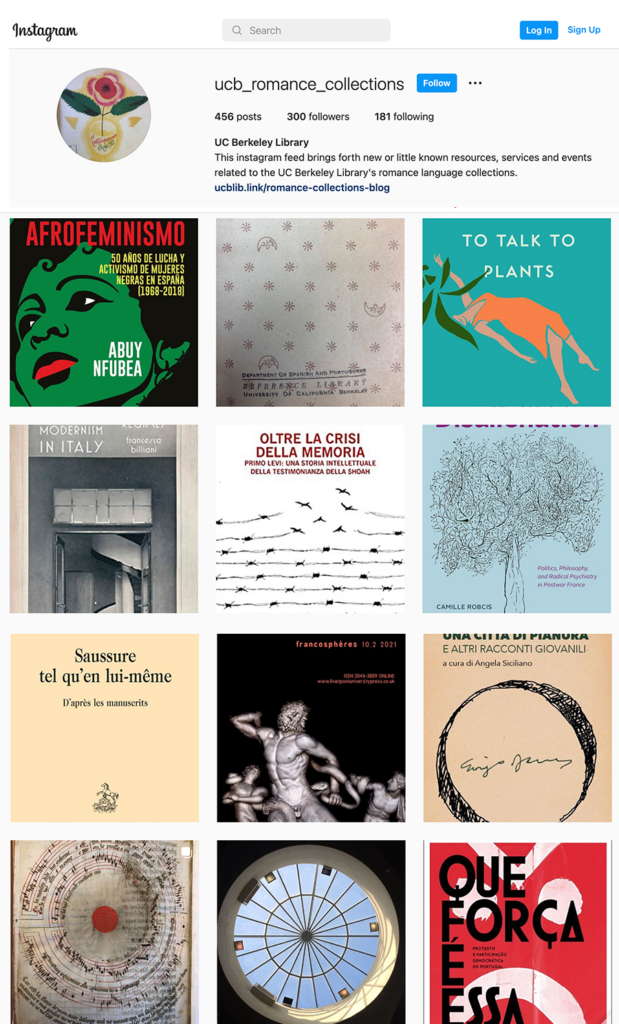
![Firenze per Claudio Magris [book cover]](https://media.fupress.com/cover/n/7112)

